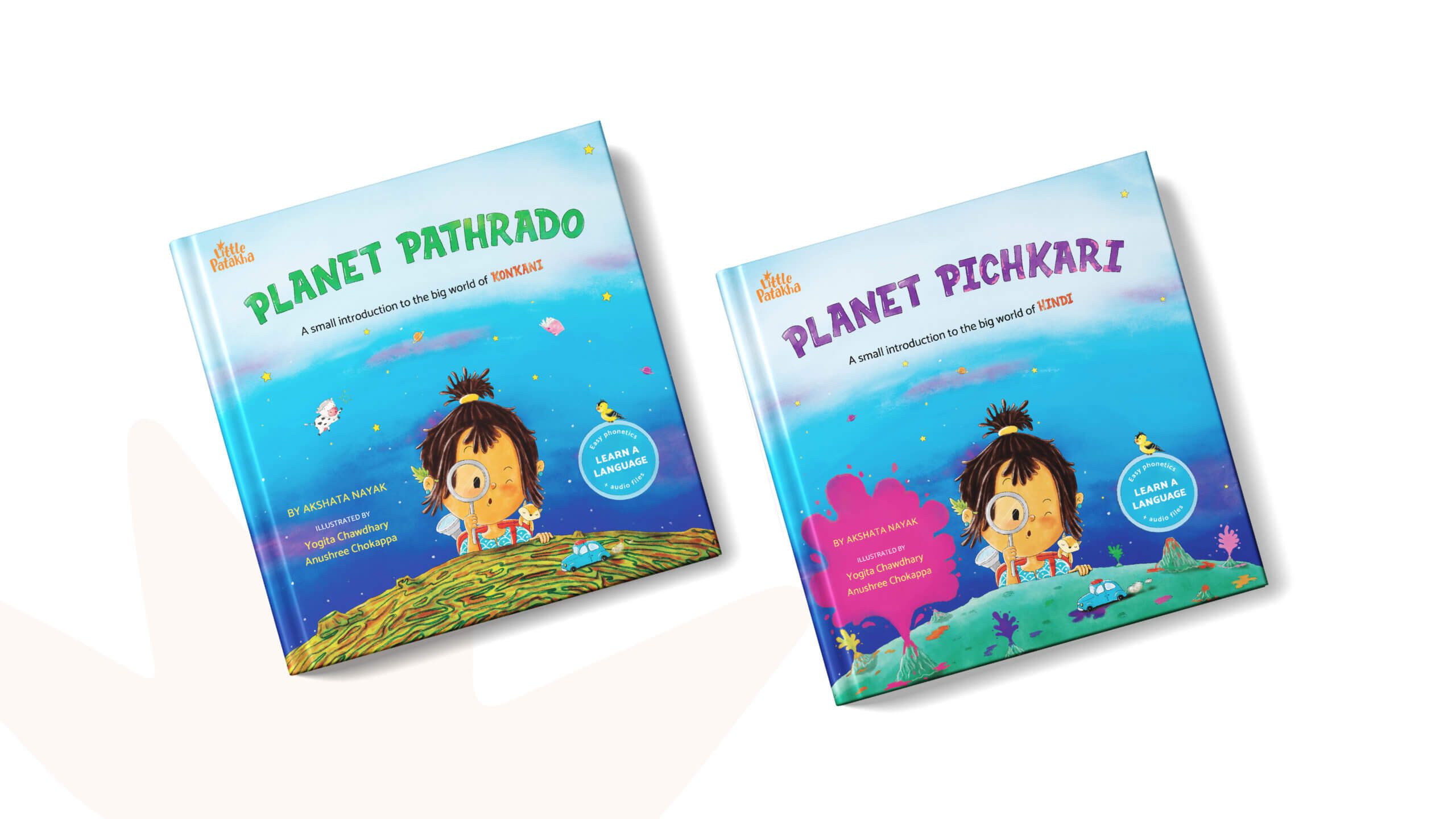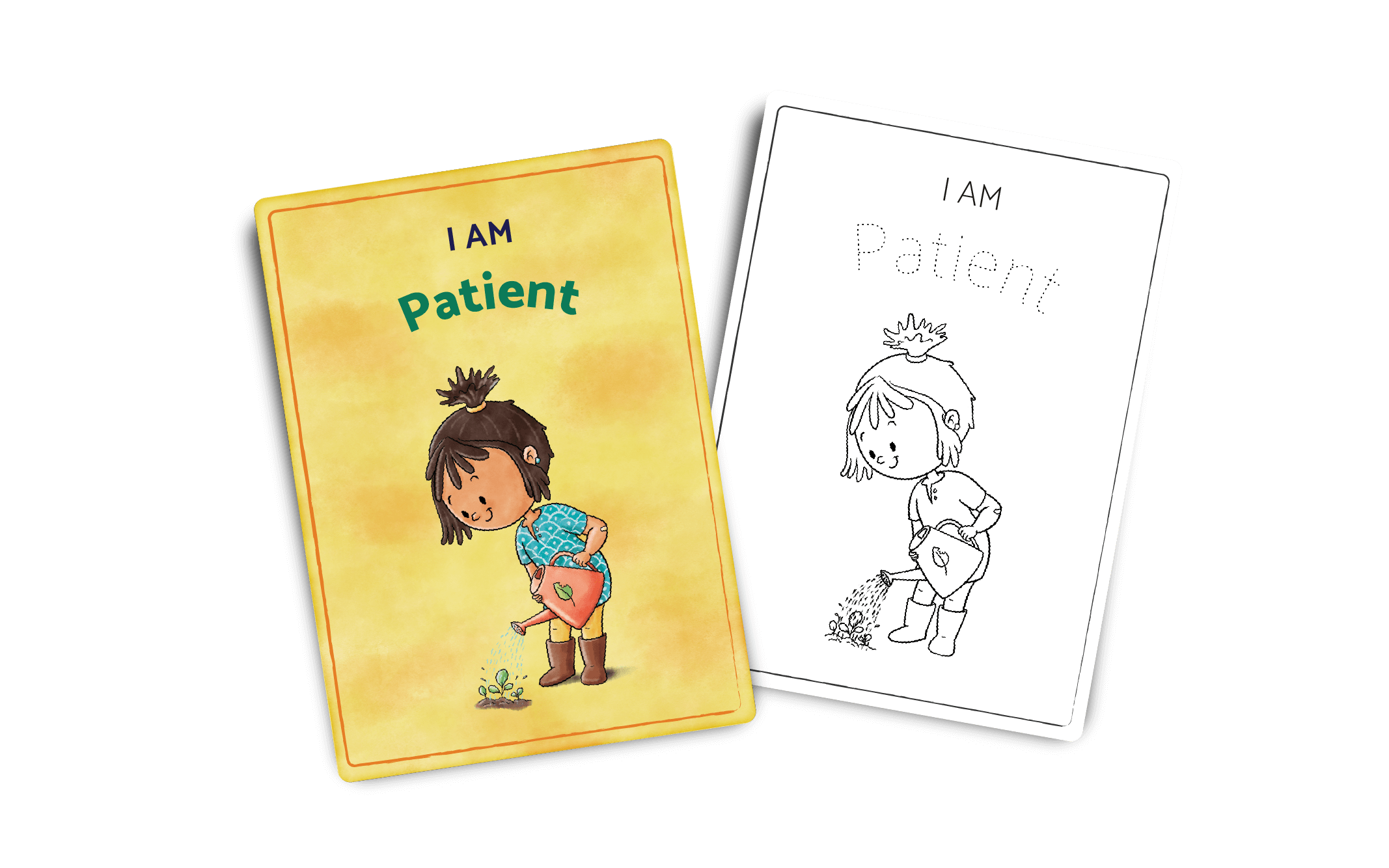“Our world is headed towards multiculturalism, and to become better global citizens, our future generation needs to know how to interact with our global community.”
Akshata Nayak, an entrepreneur, and a mom is on a journey to improve diversity in children’s media, shattering stereotypes through her company, Little Patakha.
Akshata Nayak grew up in Bangalore, India. However, she has lived in New England for nearly 20 years, including Maine and upstate New York, and has two different master’s degrees in biochemistry and nutrition. For 10 years she has been in Jericho, Vermont, with her family. It was during this time that she created three different companies.
During the pandemic, she created Little Patakha.

Little Patakha (meaning firecracker, in Hindi) creates different media for different development stages of children, from birth to 5 years of age. As Akshata puts it, “Their products grow with the kid.” The company’s affirmation cards, for example, are great for infants, where parents can show them the cards regularly. When the kids grow a little older, parents can read the cards to them, so they start associating words with inclusive illustrations on the cards. Later they can color in the illustrations and learn to write the words.
In addition to its affirmation cards, the company makes two books that teach children the languages of Hindi and Konkani, dolls, stickers, coloring books, and jigsaw puzzles all working to familiarize kids with the diverse world.
As interesting as the business model is, the story behind its origin is equally intriguing. “I was home with my daughter, Ava, and I realized that she understood everything that I said in my native language Konkani but replied in English because that is the default language in our home. So to teach her my language, I decided to design a Konkani book. And that is what this whole thing should have been; one book instead, it turned to Little Patakha,” Akshata said.
The murder of George Floyd in 2020, and the rise of the racial justice movement were what sparked Little Patakha’s evolution. Amidst the spread of an “us-versus-them” ideology across the world, Akshata reflected on how the initial part of her journey as an Indian immigrant in the U.S. had been so different from that of the last few years. She also thought about her biracial daughter’s life and how it compares to both her own experience and that of her white American friends. All this made her wonder how her daughter could find confidence in her Indian heritage rather than hiding it out of fear.
That’s when she had an epiphany: “People are often scared of things they don’t know much about.”

And this pushed her to develop Little Patakha in 2021.
Our differences are what make our environment and communities so vibrant and innovative. The goal of Little Patakha is to introduce children to languages, cultures, ideas, and people that they wouldn’t normally come across so they can learn to see and celebrate differences. It does this by boosting up three themes;
- Creating products that help kids look beyond stereotypes
- Making STEM-based subjects more inclusive
- Using food, tradition, and languages as stepping stones to learn about new cultures
The Mompreneur’s Advice for the Wantrepreneurs
With three startups under her belt, Akshata is also the core counselor at some of the organizations in Vermont that help new business owners to find their footing. She is a great person to give a little piece of advice to all the wantrepreneurs out there who are planning on starting their own startup.
- Be sure you have faith in yourself and your idea. The whole “fake it till you make it” thing gets exhausting very quickly. So you must believe in yourself.
- You can’t possibly know everything, and there are people around that are willing to help you. You just need to get good at asking for help.
To sum it up, be sure of what you know and for what you don’t know, ask for help.


